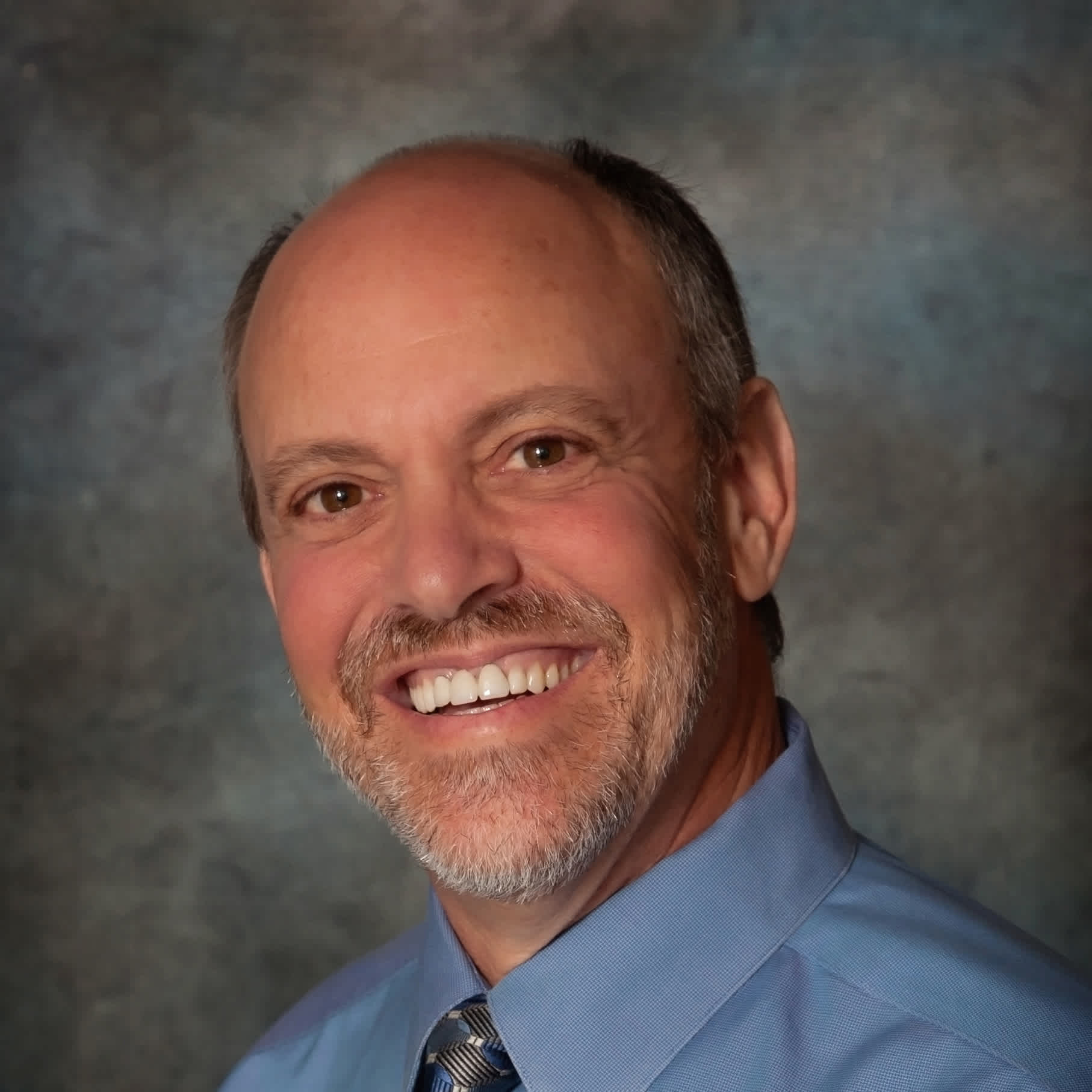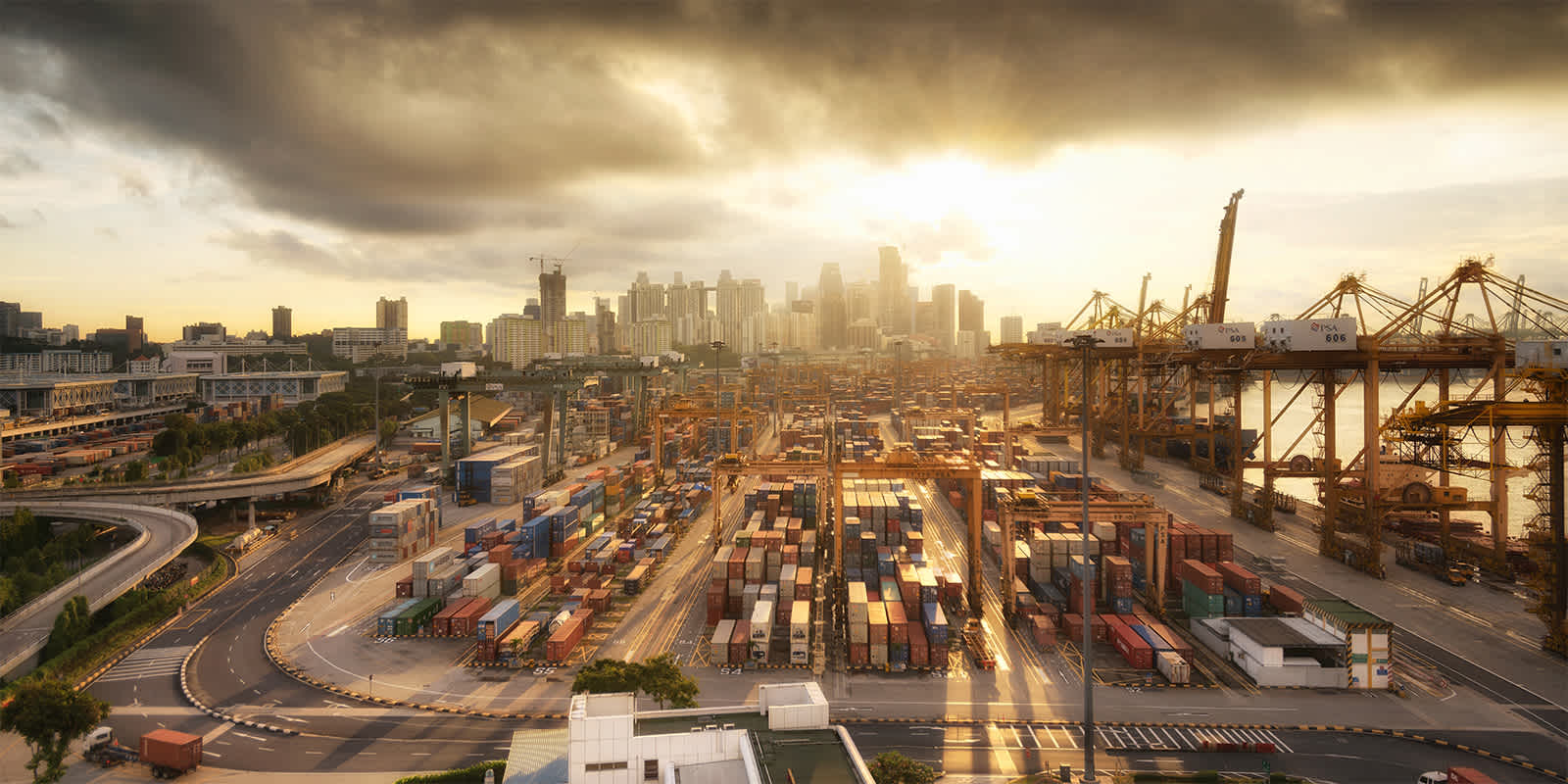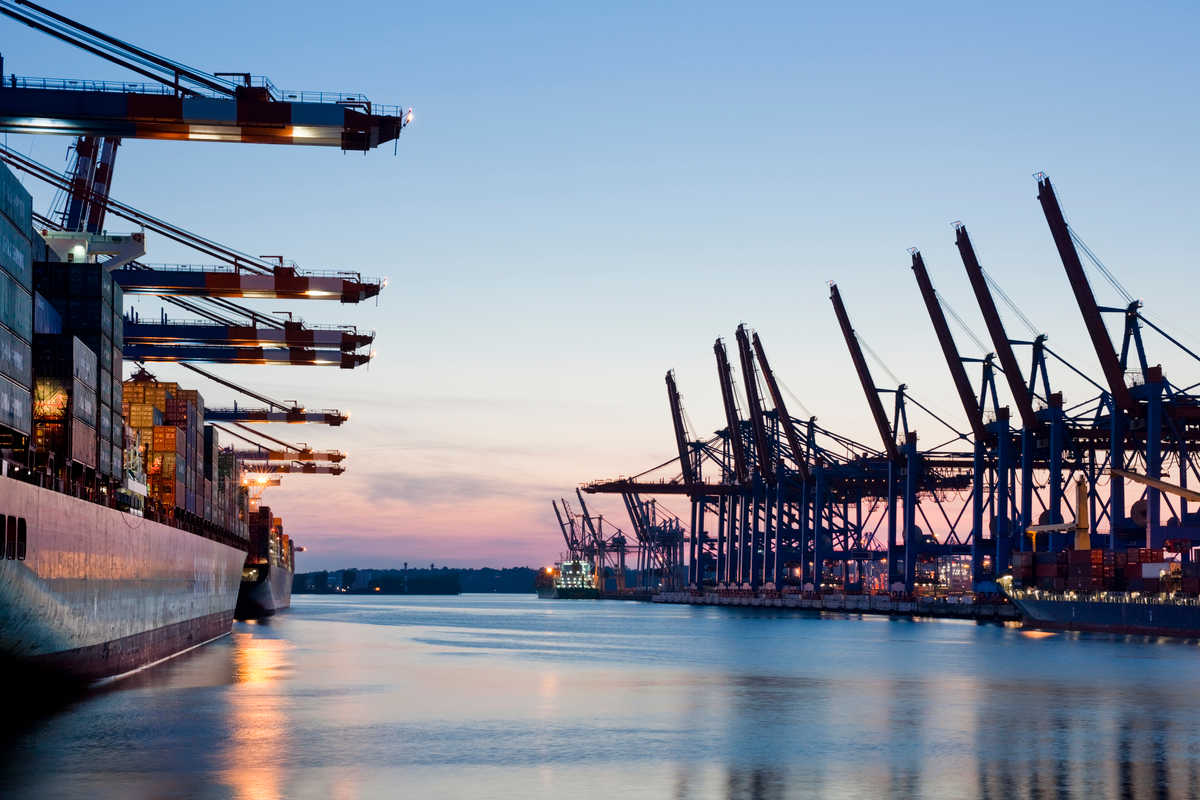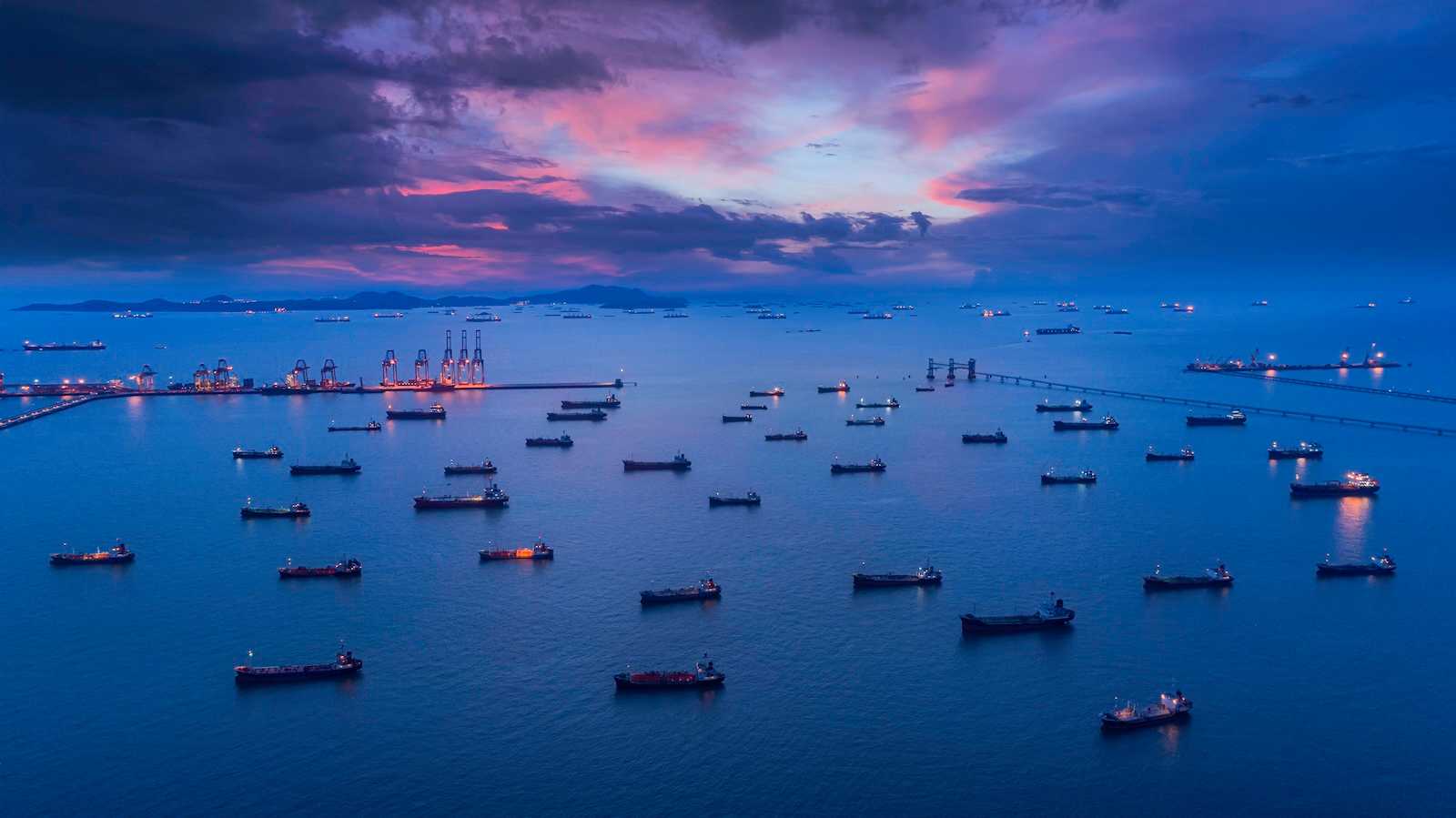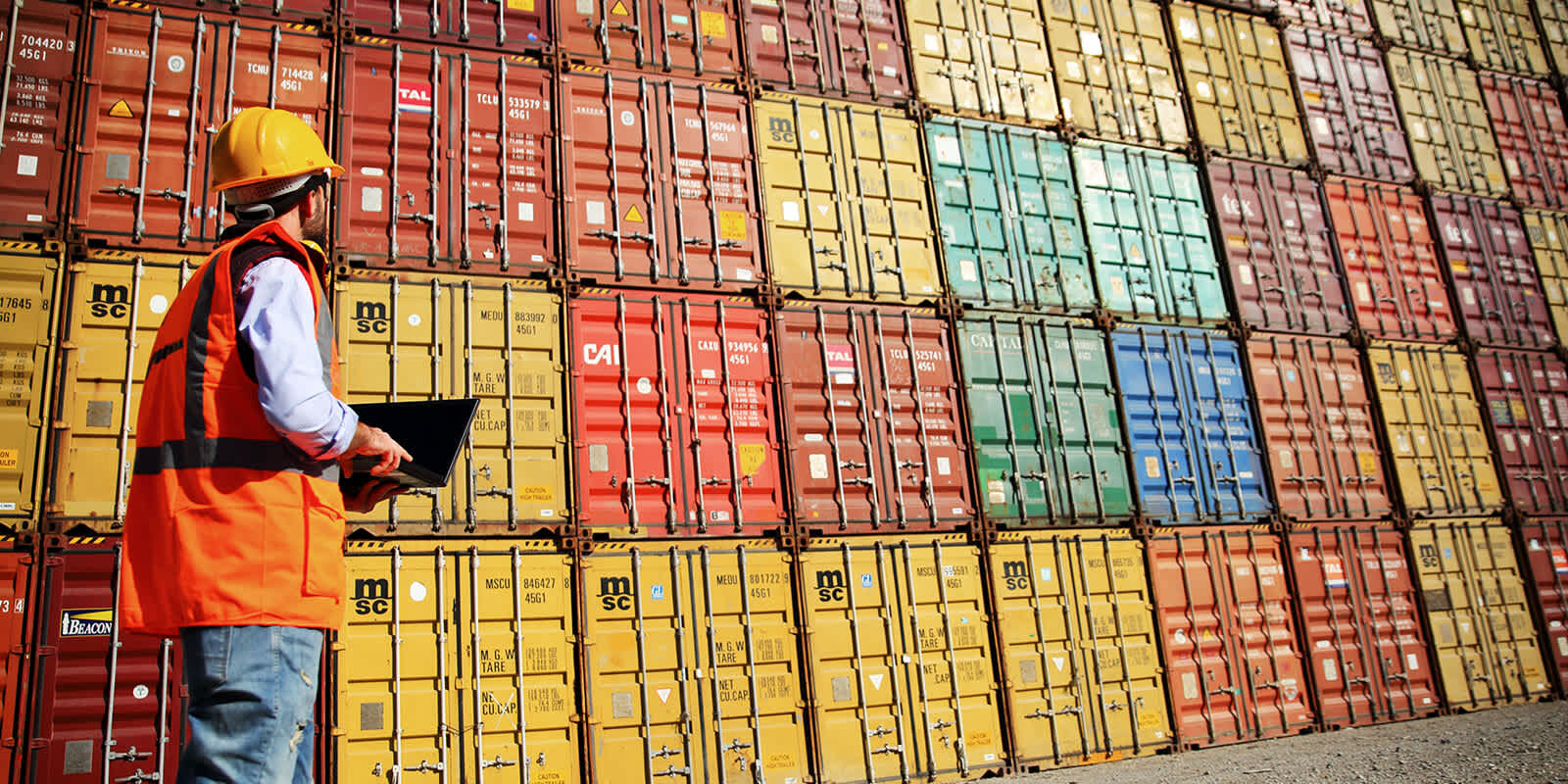
February 23, 2022
Can U.S. Customs Keep Up with Change? Flexport’s Tom Gould Joins COAC to Advise How
Can U.S. Customs Keep Up with Change? Flexport’s Tom Gould Joins COAC to Advise How
Tom Gould is one of the world’s top customs and compliance professionals. He’s also VP of Global Customs and Trade at Flexport. Follow along as Tom reveals the ins and outs of getting goods in and out of anywhere. Rules and regs, compliance trends, and a master class in classification: Tom covers it all on the blog, LinkedIn, and Twitter.
It’s a truth that U.S. Customs recognizes: Supply chains can’t become faster, more efficient, or more cost-effective without the agency evolving, too.
That’s why they’re taking action to ensure technology and law catch up with recent advances in global trade and logistics.
As part of those initiatives, I’m honored to share that I’ve been appointed to the Commercial Customs Operations Advisory Committee (COAC).
This diverse group advises the secretaries of Treasury and Homeland Security and the commissioner of CBP on matters impacting the commercial operations of U.S. Customs and Border Protection.
One of our main objectives is to assist in the modernization of Customs, so that, as supply chain technology and workflows progress, clearing goods and paying duties is as streamlined as possible.
Over the next two years of my appointment, I’ll fill you in on some of the opportunities we’re activating.
Before I dive into what that might look like, I’d also like to invite you to watch COAC’s public meeting in March and, as always, share your thoughts with me on LinkedIn and Twitter.
What Does COAC Do for the Trade?
COAC surfaces trends and provides recommendations to help Customs serve the trade community. It’s an advocacy group, working to ensure regulations, policies, and practices reflect the reality of trade today.
The committee itself comprises 20 professionals, all actively engaged in international trade.
Members work at companies that import and export or they’re service providers, like customs brokers, freight forwarders, carriers, and attorneys. Some may be part of trade associations, chambers of commerce, and insurance companies..
Most of the committee work is done by working groups, of which there can be dozens.
Teams, led by co-chairs under sub-committees, provide input on issues Customs or COAC can raise. After a discovery period, a task force documents its consensus, outlines different positions, or offers other high-level recommendations. The objective of these efforts is to promulgate positive outcomes for the industry as a whole.
A recent example? In the near future, Customs brokers will have to satisfy continuing education hours. It’s a great idea—one that reflects changes in supply chains and technology, while elevating the service level of the profession for everyone. It was also a 2016 COAC recommendation.
How Flexport Can Help Modernize Customs
Technically, as a member of COAC, I represent Flexport, where I work—but I also represent my industry, customs brokers and freight forwarders, Flexport clients, and the global trading community in general.
Accordingly, I plan to pursue initiatives that will support Flexport’s mission to make global trade easier for everyone. Topics could include systems, frameworks, and processes:
- Advising Customs on modernizing systems, including ACE 2.0 to create efficiencies using company-specific data and account-based processing
- Solving data disconnects between market supply chain technology and Customs information systems, using readily available solutions like APIs
- Bringing modern data science tools to Customs to support the balance between enforcing trade laws thoroughly and facilitating legitimate trade
From an organizational perspective, that could mean I join certain COAC groups, like the 21st Century Customs Framework, Emerging Technologies, or Trusted Trader.
These groups interact with CBP’s senior leadership to really think outside the box about how the agency should be operating in the future.
Bridging Disconnects
Part of why this work is so important is because supply chains are evolving much faster than Customs operations.
Market forces require manufacturers, wholesalers, and retailers to manage steep demand curves and other forms of volatility. In response, companies like Flexport rapidly develop platforms, visibility, and other end-to-end solutions, using data to pinpoint where the market needs the most help.
As solutions gain traction, the market adjusts—over time, but still pretty quickly—to technological advances.
Customs isn’t governed by market forces, though. They operate based on how they’ve always done things or on processes and requirements that are codified by law.
As a COAC member, bridging the disconnects can create efficiencies for Customs and for the trade.
For example, duties are currently collected by shipment. This means you could be making an unknowable or varying number of payments to Customs, depending on your supply chain.
- If you were to give a supplier the OK to ship goods as they’re available, you might have to make a series of duty payments instead of just one for the whole order.
- Containers create an additional set of parameters, because they hold a finite amount of goods. If you’re shipping LCL or multiple containers, the number of payments might vary.
How beneficial would it be to your company to make customs declarations around business cycles, like financial reporting, purchase planning, order fulfillment? How could this create efficiencies or indirect savings compared to declaring by the shipment?
These are the types of questions I’ll be exploring with my COAC colleagues.
For the duration of my appointment, I welcome Flexport clients and others impacted by customs commercial operations to reach out to me on issues they feel are important.
As part of any conversations that take place, we may be able to discover recommendations to present to Customs or other opportunities for your company’s supply chain.
Start a conversation with me by following me on LinkedIn and Twitter and sending me a message.
